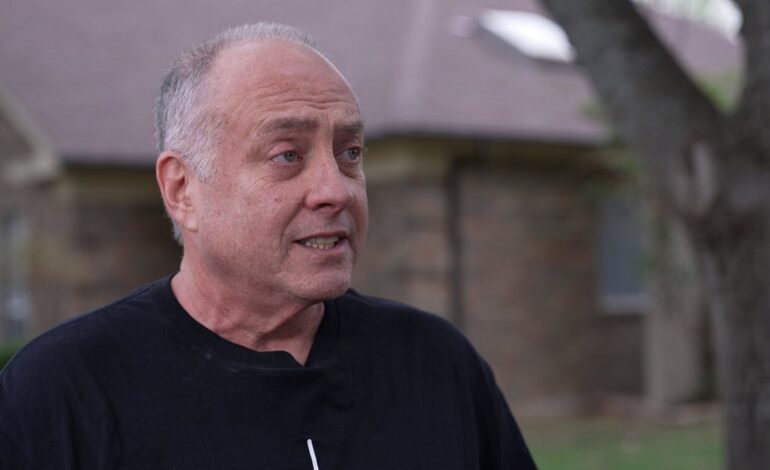Track-Meet Stabbing Victim’s Home Swatted—Inside the Surge of False 911 Calls

Data-driven reporting spotlights a distressing turn in the case of high school track athlete Austin Metcalf, who was stabbed at a Florida meet on April 18. In a twist that underscores a growing nationwide problem, Metcalf’s family home was the target of a swatting hoax two months after the attack. Law enforcement sources confirm that an anonymous caller reported an armed intruder at the Metcalf residence, prompting a full SWAT deployment. No suspect was found and officials now categorize the incident as a potential felony-level prank under Florida’s 2024 anti-swatting statutes.
First, let’s break down the timeline and context. Austin Metcalf, 17, was allegedly attacked by a fellow student at the Pine Lakes Invitational track meet. Broward County Sheriff’s Office records show Metcalf suffered two stab wounds to the torso and was airlifted to Broward Health North. The alleged assailant, also a 17-year-old, faces charges of aggravated battery with a deadly weapon. Surveillance footage and eyewitness interviews—detailed in local outlet The Sun-Sentinel—corroborate that the altercation began after an argument over relay positioning.
Fast forward to June 20: a 911 dispatcher logged a call claiming gunfire inside the Metcalf family’s Davie home. Within minutes, a SWAT team surrounded the property and forced entry. Neighbors described the scene to People Magazine as “terrifying”—flashbangs and armored vehicles awakened the quiet suburban street at 3 a.m. Sheriff Gregory Tony’s press release notes a significant uptick in swatting calls, jumping 28 percent statewide in the first half of 2025 compared to last year. Nationally, the FBI reported 400 confirmed swatting incidents in 2024, up from 332 in 2023, with at least three fatalities.
Moreover, legal experts warn swatting can be prosecuted as a third-degree felony in Florida, carrying up to five years in prison, or as higher-level charges if bodily harm occurs. Federal law allows for a maximum of 20 years behind bars for swatting that results in injury or death. Civil lawsuits are also on the horizon: the Metcalf family is exploring a wrongful-trespass claim against unidentified perpetrators.
Critically, this episode illuminates broader concerns about teen violence and emergency-response vulnerabilities. Schools in Broward County have since ramped up youth counseling resources, while state legislators are advancing bills to stiffen penalties for false 911 calls. Emergency dispatch systems nationwide are testing caller-authentication upgrades to stem the tide of prank calls that potentially endanger innocent lives.
In analyzing this case, several patterns emerge: escalating school-yard disputes, the allure of online dare culture, and the dire consequences of misusing public safety channels. As investigators work to trace the swatting call, the Metcalf family remains under heightened police protection, grappling with a second wave of trauma after Austin’s initial recovery.
That wraps today’s investigative analysis. Stay informed, stay vigilant, and watch for updates as officials close in on the hoax caller.
Sources: Celebrity Storm and TMZ, Broward County Sheriff’s Office press release, The Sun-Sentinel, People Magazine, FBI 2024 Swatting Report
Attribution: Creative Commons Licensed




